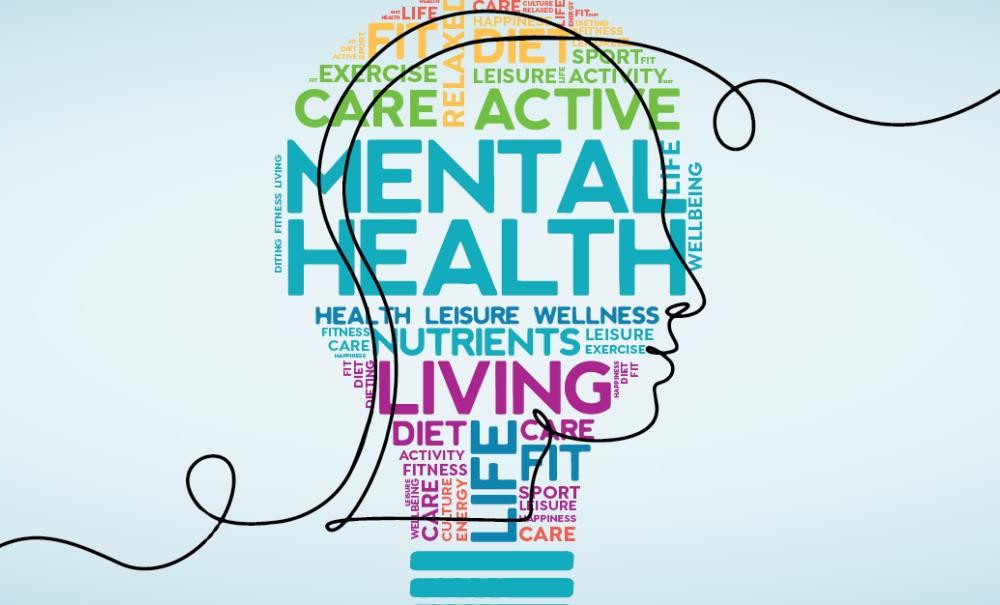In the Gulf Cooperation Council (GCC) region, the pursuit of economic growth and professional success has historically led to a work culture characterized by long hours and high expectations. However, a growing recognition of the importance of mental health has prompted both individuals and organizations to seek a more balanced approach to work and life. This article explores seven effective strategies for achieving work-life harmony and enhancing mental well-being in the Gulf.
1. Establishing Clear Work-Life Boundaries
One of the fundamental steps toward balancing work and personal life is setting clear boundaries. This involves defining specific work hours and ensuring that personal time is respected. Strategies such as turning off work-related notifications outside of office hours, designating a separate workspace, and communicating availability to colleagues can help maintain these boundaries. Establishing such limits prevents work from encroaching on personal life, thereby reducing stress and promoting mental well-being.
2. Embracing Flexible Work Arrangements
The traditional 9-to-5 work model is evolving, with many organizations in the Gulf adopting flexible work arrangements. Options such as remote work, flexible hours, and compressed workweeks allow employees to tailor their schedules to better fit personal commitments and preferences. This flexibility can lead to increased job satisfaction, reduced commuting time, and a greater sense of control over one’s work-life balance.
3. Prioritizing Mental Health Support and Resources

Recognizing the importance of mental health, many GCC countries have initiated programs to provide support and resources to their citizens. These initiatives include establishing helplines, offering counseling services, and conducting awareness campaigns to reduce stigma associated with mental health issues. For example, the UAE’s National Program for Happiness and Wellbeing aims to integrate happiness and mental health into public policy, fostering a culture that prioritizes well-being.
4. Promoting a Results-Oriented Work Environment
Shifting the focus from hours worked to results achieved encourages a healthier work culture. In a results-oriented work environment (ROWE), employees are evaluated based on their performance and outcomes rather than the number of hours spent in the office. This approach empowers individuals to manage their time effectively, leading to improved productivity and a better balance between work and personal life.
5. Encouraging Regular Physical Activity and Healthy Lifestyles
Physical health is closely linked to mental well-being. Incorporating regular exercise into daily routines can alleviate stress, improve mood, and enhance cognitive function. Employers can support this by providing facilities such as gyms or organizing group activities. Additionally, promoting healthy eating habits and adequate sleep contributes to overall well-being, enabling individuals to better cope with work-related pressures.
6. Fostering Supportive Work Environments

A supportive work environment plays a crucial role in mental health. This includes having understanding supervisors, collaborative colleagues, and a culture that values open communication. Organizations that prioritize employee well-being by offering support systems, recognizing achievements, and addressing concerns promptly create workplaces where individuals feel valued and motivated.
7. Engaging in Continuous Learning and Personal Development
Investing in personal growth through continuous learning can enhance self-esteem and provide a sense of purpose. In the Gulf, there are numerous opportunities for professional development, including workshops, seminars, and online courses. Engaging in such activities not only improves skills and knowledge but also offers a break from routine, contributing to mental relaxation and satisfaction.
Conclusion: Embracing a Holistic Approach to Well-Being
Achieving a harmonious balance between work and personal life is essential for maintaining mental health and overall well-being. In the Gulf, implementing strategies such as establishing clear boundaries, embracing flexibility, prioritizing mental health, promoting a results-oriented culture, encouraging physical activity, fostering supportive environments, and engaging in personal development can lead to a more balanced and fulfilling life. By adopting these approaches, individuals and organizations can contribute to a culture that values both professional success and personal happiness, paving the way for a healthier and more productive future.
Saudi Arabia’s Surprising New Ally: The Taliban’s Role in Vision 2030



